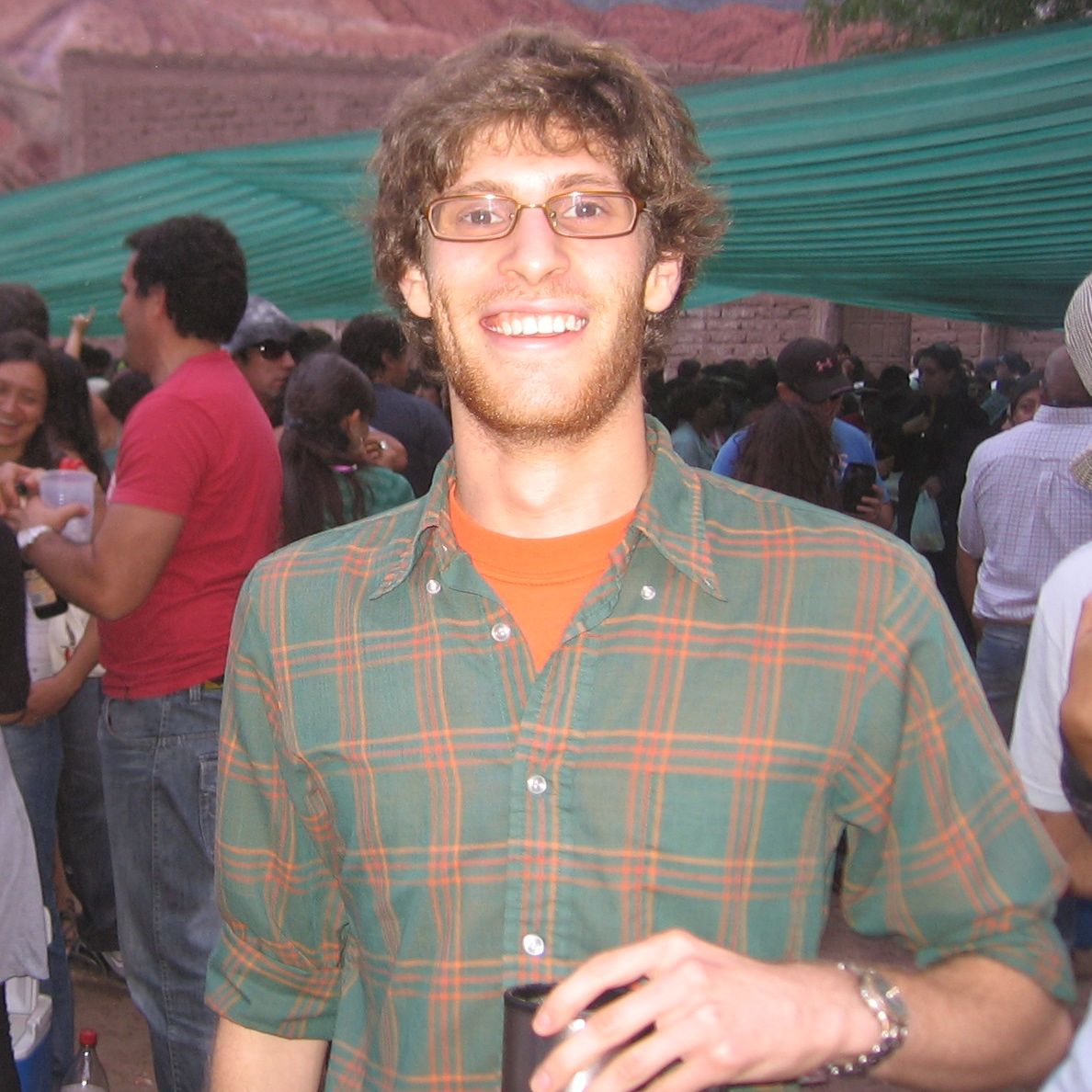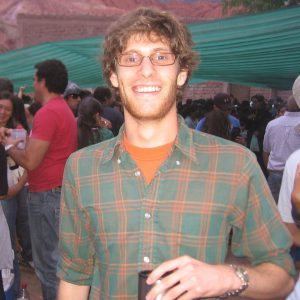By Matt Bieber, Features Writer, MPP ‘11
Paul Katz is a student of social history at the Universidad Nacional de Luján in Buenos Aires, Argentina and a 2009 graduate of Harvard College. Over the last several years, his research has focused on the role of civil society institutions under Argentina’s ‘Dirty War’ dictatorships. His article, “A New ‘Normal’: Political Complicity, Exclusionary Violence and the Delegation of Argentine Jewish Associations during the Argentine Dirty War,” will be published in the International Journal of Transitional Justice this fall.
What is transitional justice, where does it come from, and what does it hope to achieve?
I understand transitional justice (TJ) to refer to the totality of actions taken by states or international bodies in response to significant past human rights violations. The phrase has also come to refer to a nascent, interdisciplinary academic field centered on the questions of individual and group accountability, social solidarity, and democratic consolidation that emerge in wake of such abuses. Histories of transitional justice tend to begin with the Nuremberg Trials and wind their way through post-dictatorial Argentina to the truth commissions and international tribunals of the present.
The modifier “transitional” reminds us, however, that societies emerging from dictatorship, genocide, or civil war are often deeply polarized, face many competing pressures, and may have few resources. The challenged states that structure these societies must develop public policies that balance the needs of victims with the demands of institutional stability and social reconciliation. The mechanisms and practices they can employ include criminal prosecutions, historical investigations, and financial reparations.
Transitional justice efforts thus far have focused heavily on the direct perpetrators of major crimes (the Nazis, say, or Liberia’s Charles Taylor). In your scholarship, though, you’re looking to widen the ambit of transitional justice to include civil society institutions as well – those that may have aided and abetted, so to speak, in the commission of a regime’s crimes.
We think of abhorrent regimes like Nazi Germany primarily in criminal terms because their nature is, of course, profoundly criminal. Yet in truth, dictatorships with totalitarian social ambitions don’t manage the sort of social co-option necessary to commit sustained, massive human rights violations on their own. Instead, they require the political support of civil society institutions and ordinary citizens alike. In his 1947 analysis of Germany’s guilt for the Second World War, philosopher Karl Jaspers sought to clarify the complex liabilities generated by this co-option of civil society by way of an exceptionally helpful taxonomy of responsibility. He suggested that beyond criminal guilt–which adheres only to those who have committed explicit crimes–individuals and groups bear political liability for all actions which contributed to the political climate that facilitated regime abuses. Such political liabilities are what I’m really interested in; to my mind, they get right to the heart of the small-scale social transformations that empower totalitarian dictatorships.
Tell us about your work on the DAIA case in Argentina, if you would.
My work on DAIA springs from a desire to better understand the local mechanics of totalitarian social transformation, in this case in the context of the radical Process of National Reorganization, or so-called “Dirty War,” led by Argentina’s armed forces between 1976 and 1983. While recent years have seen a surge of interest in documenting and prosecuting Proceso-era crimes, few in Argentine public life talk openly and honestly about the complicity of the country’s major institutions–including media outlets, political parties, business groups, religious organizations, and the judiciary. DAIA (the Delegation of Argentine Jewish Associations), the official political representative of the country’s Jewish community, is one such institution. During the Dirty War, DAIA responded to a violent campaign of regime pressure by cooperating with the Proceso and further excluding its victims from the organized Jewish community. In the years since 1983, it has largely resisted efforts to critically evaluate its own past conduct. I think it’s important to analyze the behavior of groups like DAIA and to think rigorously about the political liabilities they bear for their contributions to a climate of exclusion and violence. And it should be our goal, I believe, to develop transitional justice practices that can address these liabilities in suitably nuanced ways.
Jaspers’ taxonomy involves four categories of guilt. Some of them apply at the level of institutions, and others apply to individuals. Could you say a word about each one? And why have you found them so useful in your analysis?
You’re right that Jaspers distinguishes among four dimensions of guilt. In addition to criminal and political culpability, which I mentioned in my response to your last question, Jaspers speaks of metaphysical guilt–an abstract responsibility shared among all those who failed to do everything possible to combat injustice–and moral guilt, a person’s own reckoning with the ethical implications of every one of her or his actions.
Moral and political guilt interest me most; the former centers on the individual alone (and Jaspers is quite clear that it is only the individual who can take himself to task for his or her moral failings), while the latter comes into play at the level of groups and institutions, too. For me, it’s in the interplay of moral and political guilt–and the intersection of shared and individual responsibility–that Jasper’s taxonomy gets really exciting, transitional justice-wise.
How can efforts toward transitional justice integrate a deeply individual moral guilt with a shared political guilt? What does that actually look like?
The best that a transitional regime can do is to show that criminal governments succeed by convincing people to look the other way in the face of their abuses and to accept the us-vs.-them thinking at the heart of their worldview. Transitional mechanisms can model responsible engagement with the kind of responsibility that these behaviors imply, providing spaces and contexts for critical self-analysis without making people feel that they are under moral attack from without.
Are there regimes that you think have done a particularly good job in providing for critical self-analysis within their population?
To be honest, I don’t really see many examples of transitional regimes that have dealt adequately with political responsibility on the level I think matters most, that of almost-inadvertent cooperation. The South African Truth and Reconciliation Commission–and, to a lesser extent, commissions in Argentina and Chile–did consider human rights abuses in a “political” context and provide a space for victims to speak about their experiences. But none of these commissions paid much attention to the role of civil society, nor did they address the extent of self-blinding facilitated by the criminal regimes.
What steps can nations take to include civil society perspectives?
A thoughtful, nuanced treatment of these topics could take several forms, really. One element could be state support for research into the role played by civil society institutions in past abuses, and/or the inclusion of the question in the mandates of post-dictatorship investigative commissions. Others could include assembling easily accessible documentary archives, holding public hearings, and designing and distributing curricular material for use in schools. Certainly, it’s something the transitional justice community needs to think more carefully about–and something that I plan to continue reflecting on for a while.

